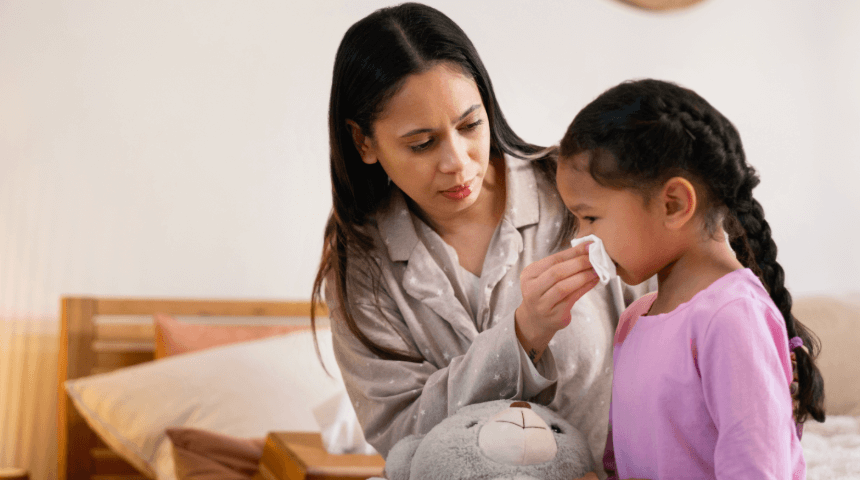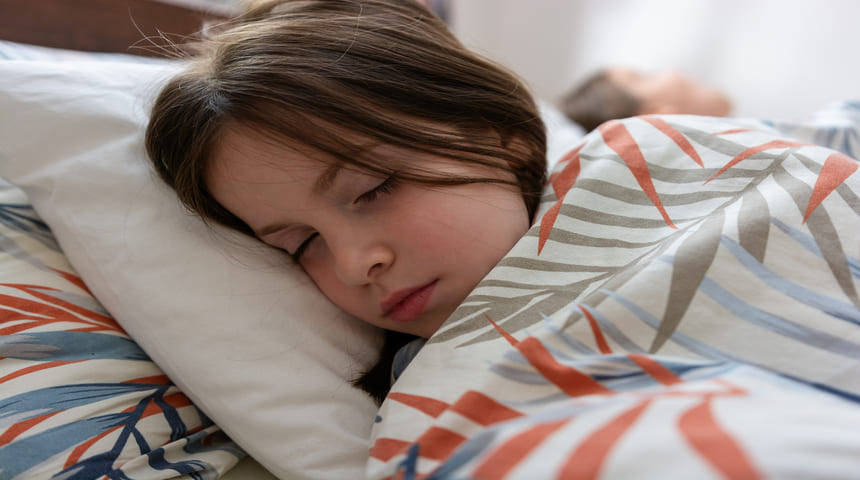It's not just adults who get stressed – kids do, too, and they can show signs of stress in different ways.
With the added anxiety around the pandemic, plus other factors like bullying, school performance and peer pressure, more kids and teens are struggling with stress.
There are several effective ways for kids and teens to manage stress, including yoga and meditation, which have become more widespread in recent years. Research is mounting that shows the benefit of these wellness practices.
How Stress Affects Children
Stress can manifest in children both physically and mentally. If they are anxious or depressed, they might not tell anyone because it’s difficult for them to understand what they’re feeling. Here are some ways kids might show that they’re feeling stressed:
● Frequent stomachaches or other abdominal pain
● Headache
● Missing school
● Crying
● Withdrawing from family or social activities
● Adopting new habits like thumb-sucking, nose-picking or hair-twirling
Children, especially older kids, can also exhibit behavioral issues because of stress. Some behavioral concerns might include:
● Lying
● Bullying
● Defying authority
● Overreacting to minor issues
● Nightmares
● Separation anxiety
● Drastic changes in academic performance
● Difficulty focusing
Not unlike adults, kids can feel stress from family, performance and social situations. Other common stressors include:
● Peer pressure
● Changing schools
● Moving or other housing issues, including homelessness
● Negative self-image
● Divorce or separation
● Puberty and other bodily changes
● Feeling unsafe at home
Children can also become stressed if they know about their parents’ worries about work or finances, hear their parents arguing or learn of a relative’s illness.
Health Benefits of Yoga and Meditation
Kids that participate in yoga and meditation can see both mental and physical benefits.
Physical: Yoga improves balance, strength, endurance and aerobic capacity in children and helps reduce the risk of diabetes. If kids have abdominal pain from stress, yoga can ease those symptoms, too. They’ll also become more attuned with their bodies and breathing. Meditation can also help kids sleep better, manage physical effects of their emotions and improve focus.
Mental: Yoga and meditation can help children improve focus, memory, attention span, mental resilience, self-esteem, academic performance and classroom behavior. Children also learn to recognize how they’re feeling and communicate about their feelings.
Explaining Yoga and Meditation to Children
Every child is different, but the skills involved in meditation and yoga can begin for most children at 4 years old.
Explain the concepts using clear language and ask the child how they’re feeling. Depending on their answer, explain that yoga and meditation can help them feel better. This may work better at bedtime when kids are lying down and relaxing. Just like toilet training takes time, you can slowly train your child to meditate when they’re stressed.
Kids can also practice repeating positive affirmations to help bolster their self-esteem and positive thinking. Some affirmations you can suggest you repeat together include:
● I am kind.
● I believe in myself.
● I am determined.
● My dreams will come true.
● My voice matters.
● I can stand up for myself.
YouTube videos and audiobooks can offer guidance for kids on how to start practicing yoga or give them short meditations designed especially for their age group.
Choose to Stay in Touch
Sign up to receive the latest health news and trends, wellness & prevention tips, and much more from Orlando Health.
Sign Up





